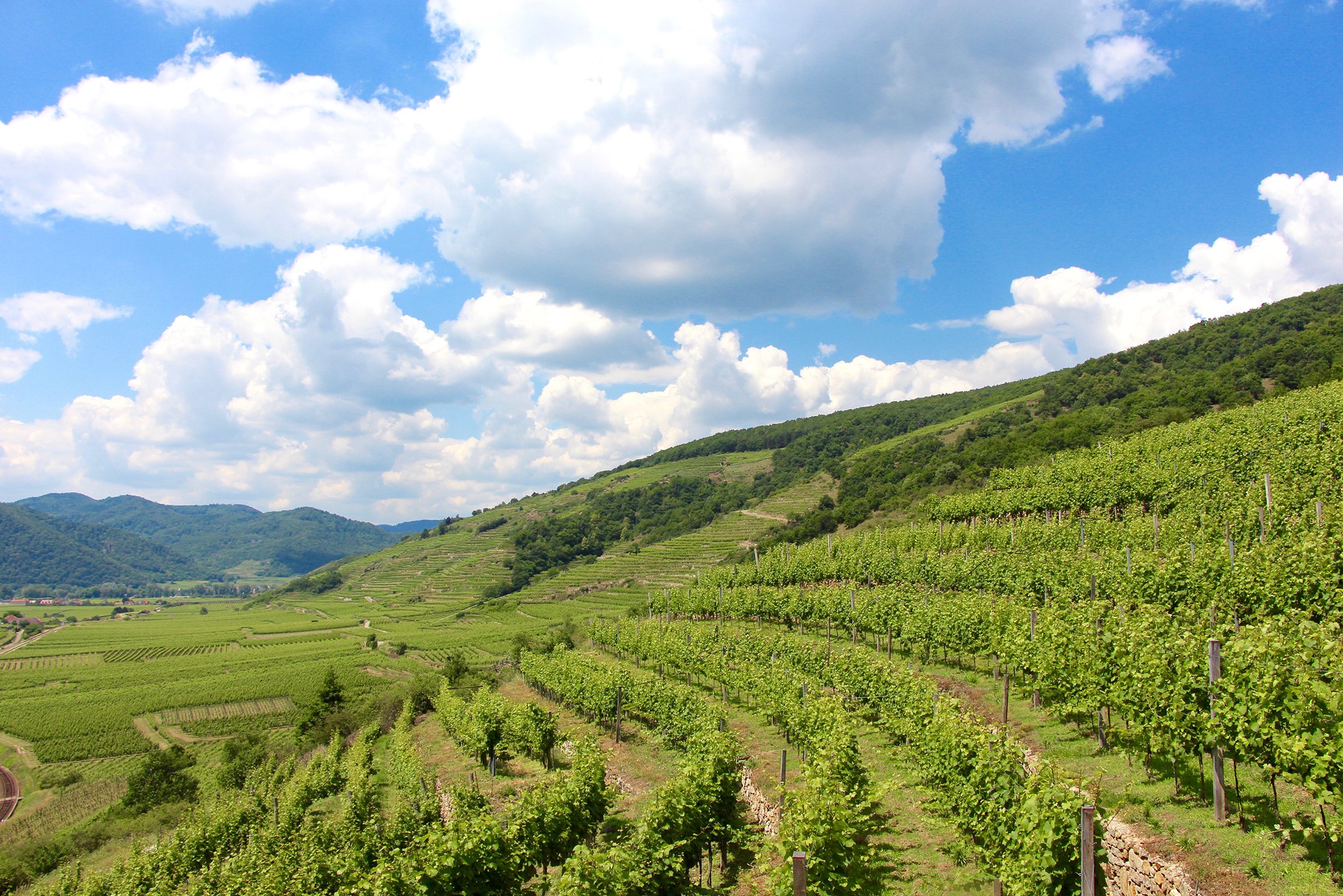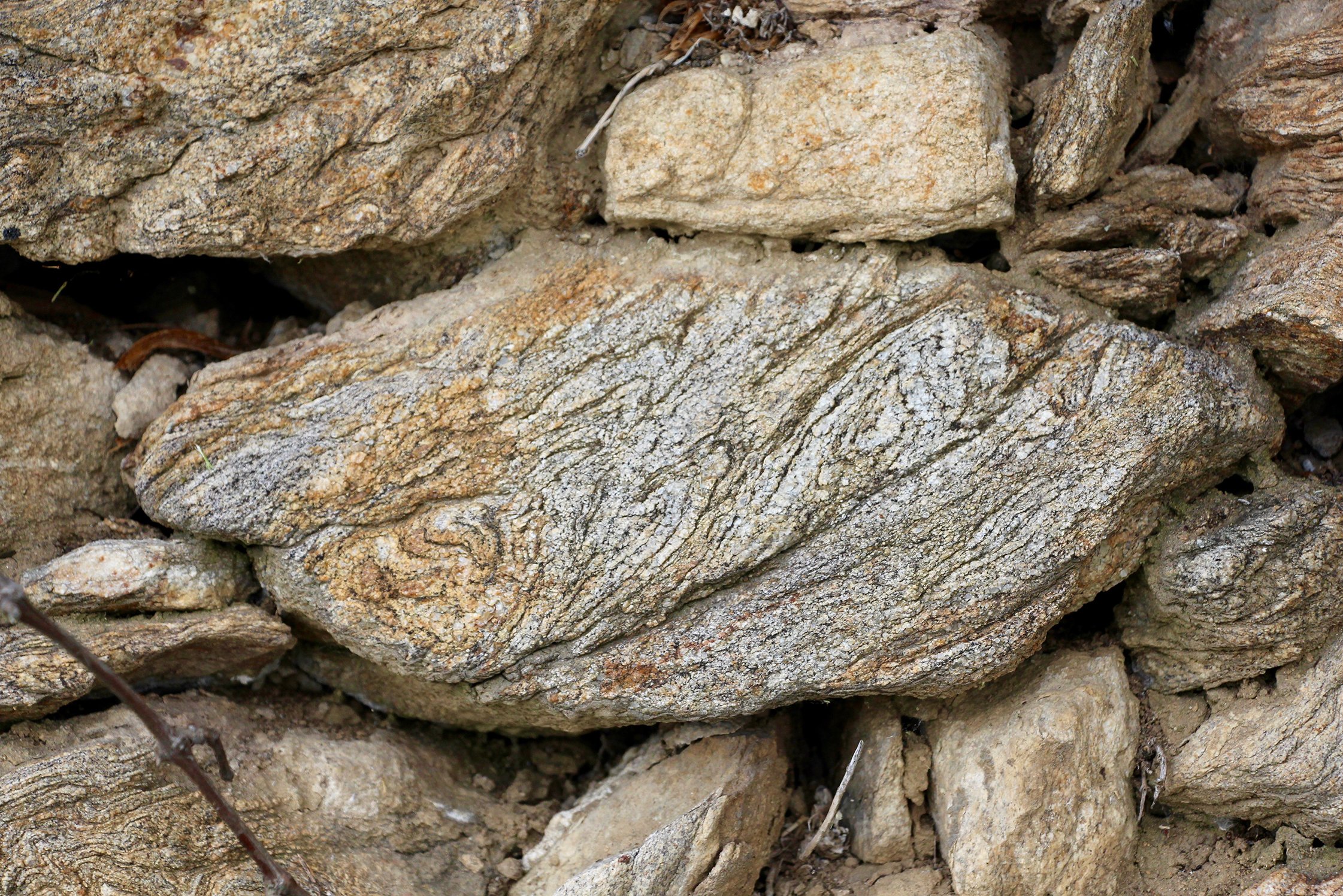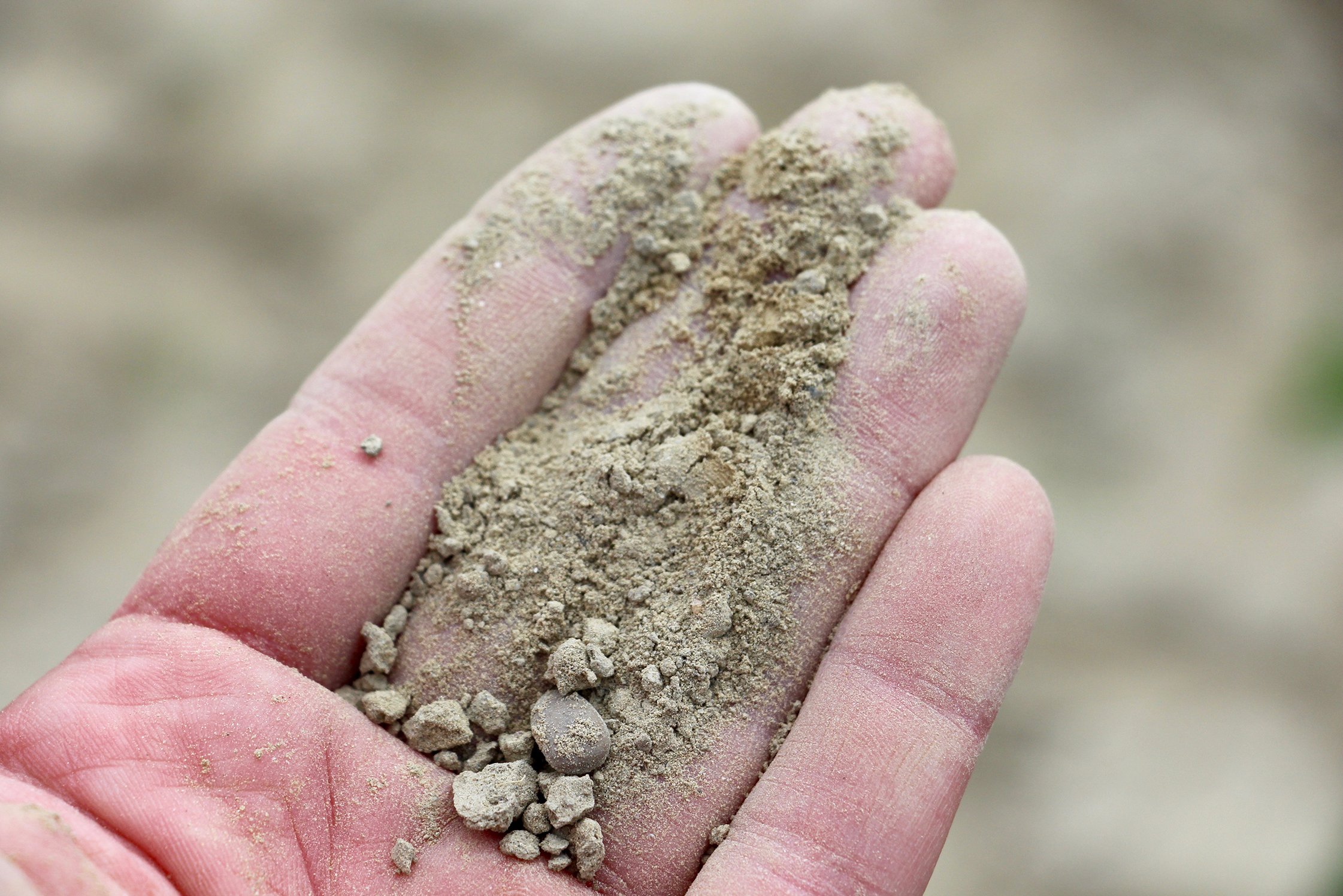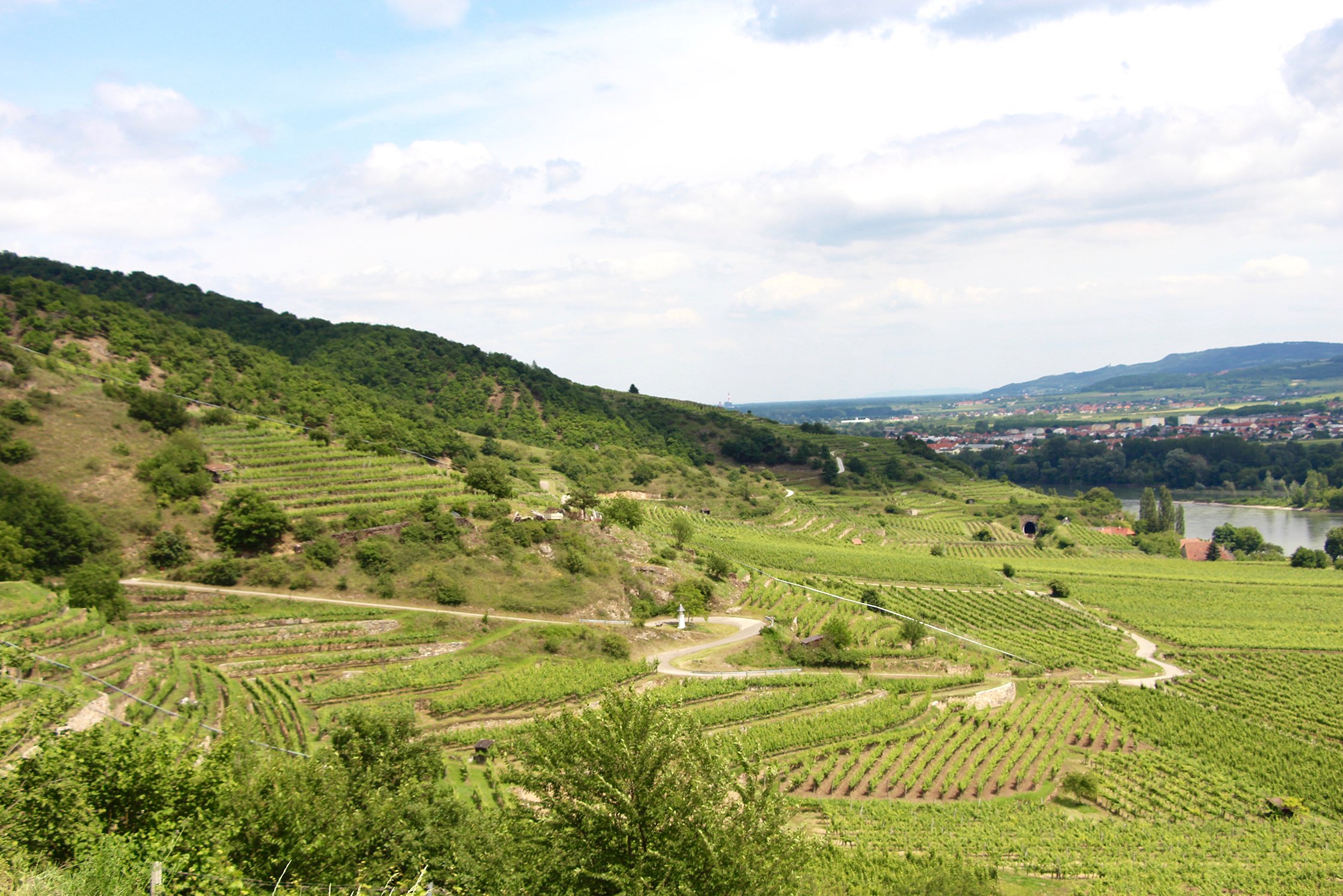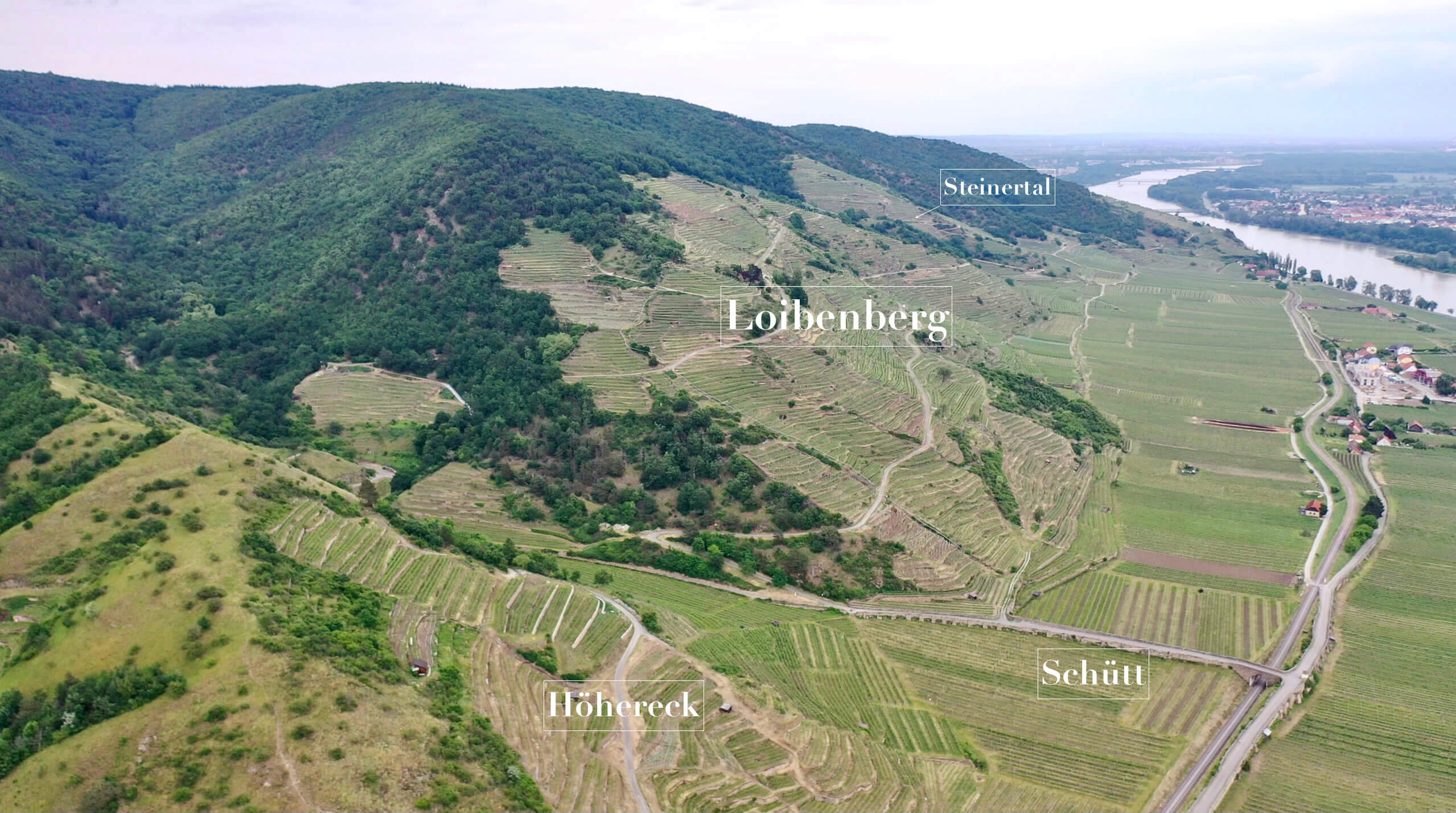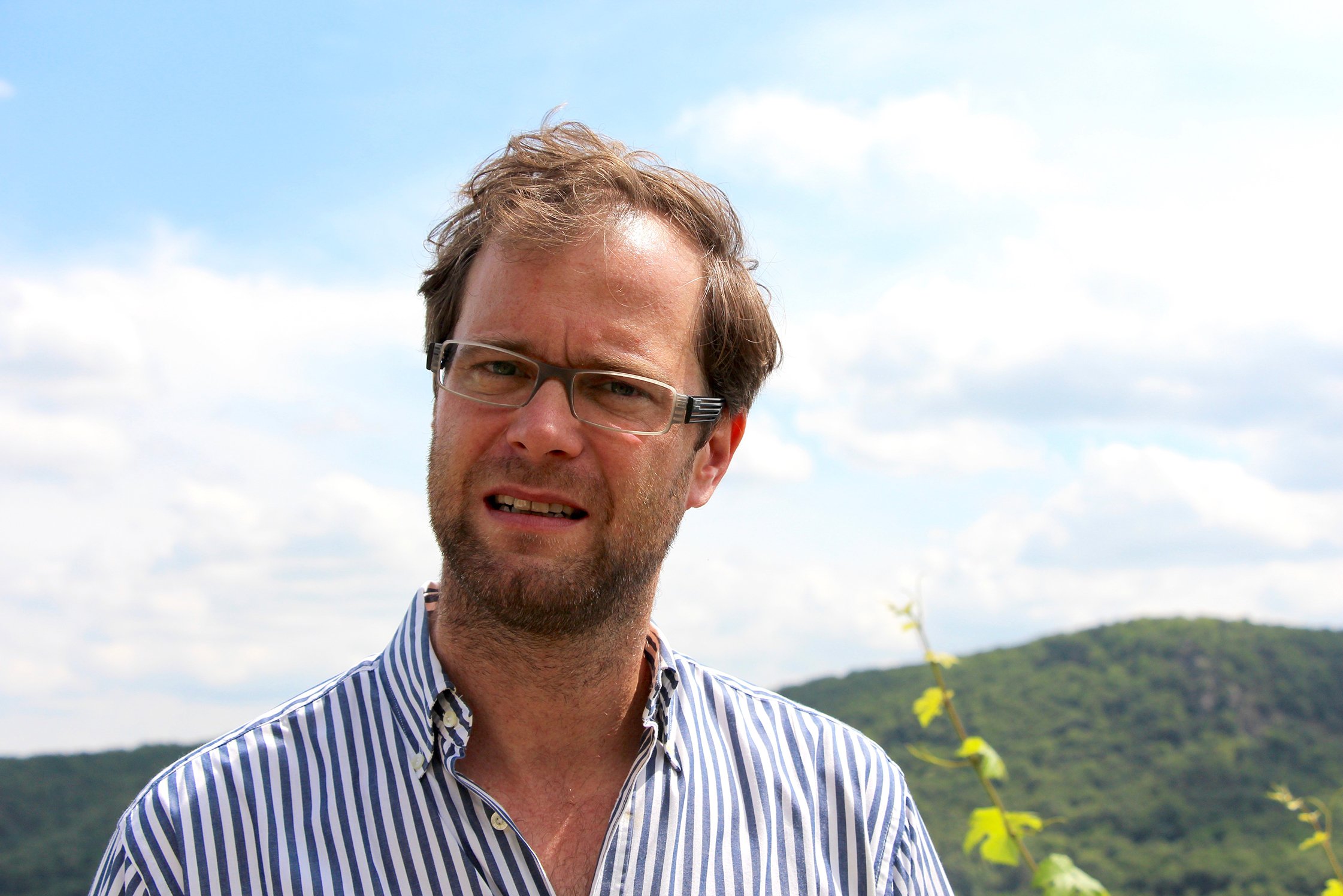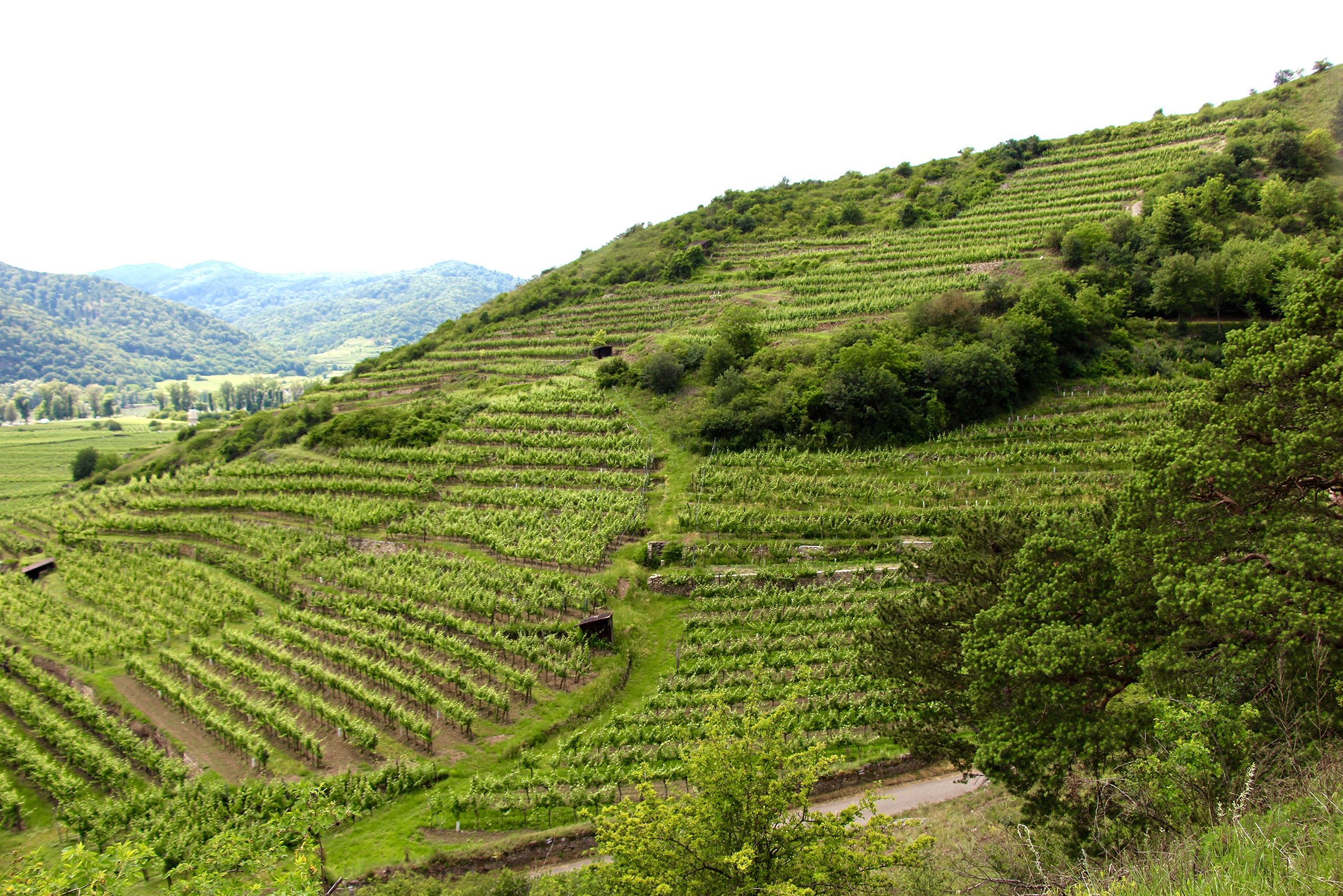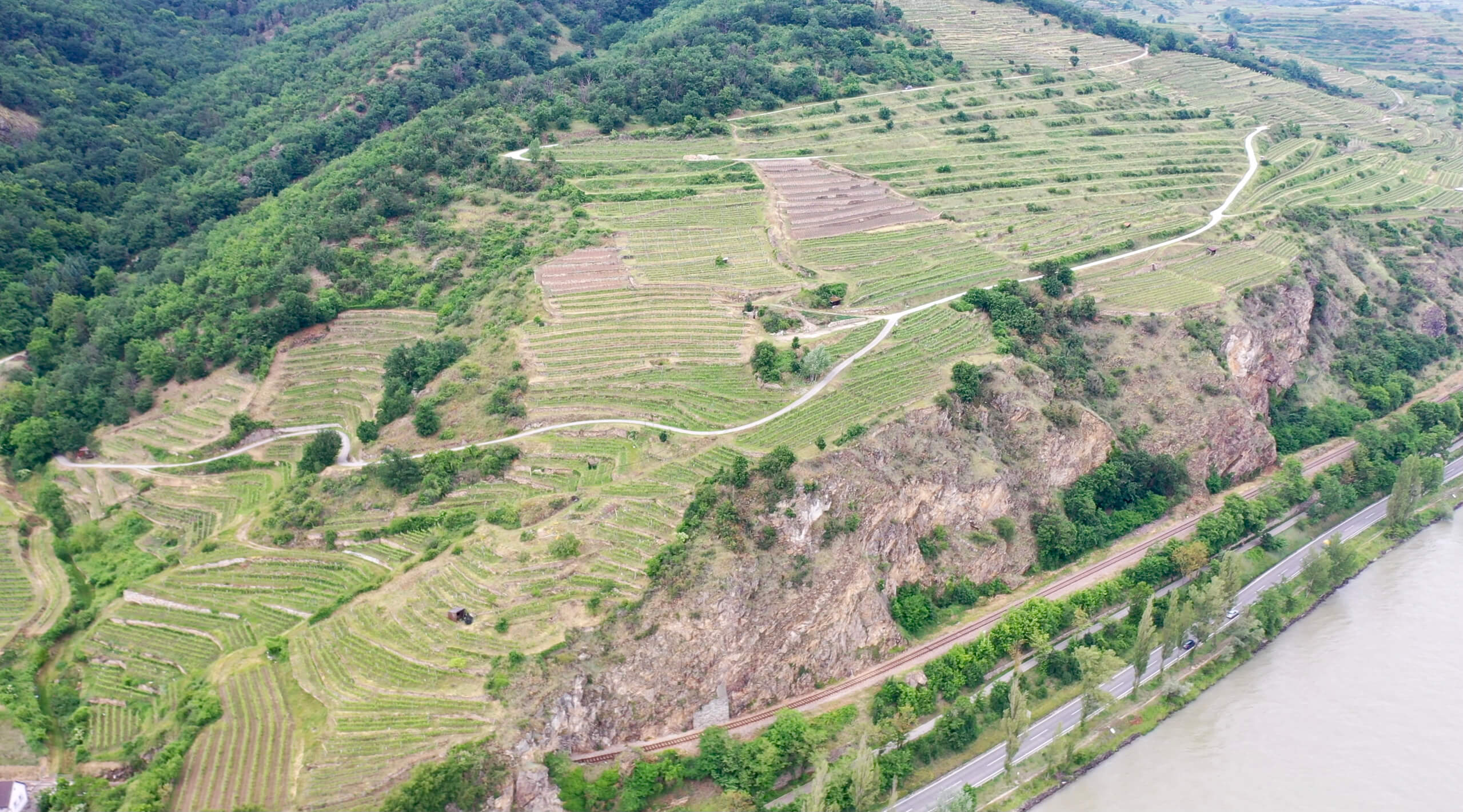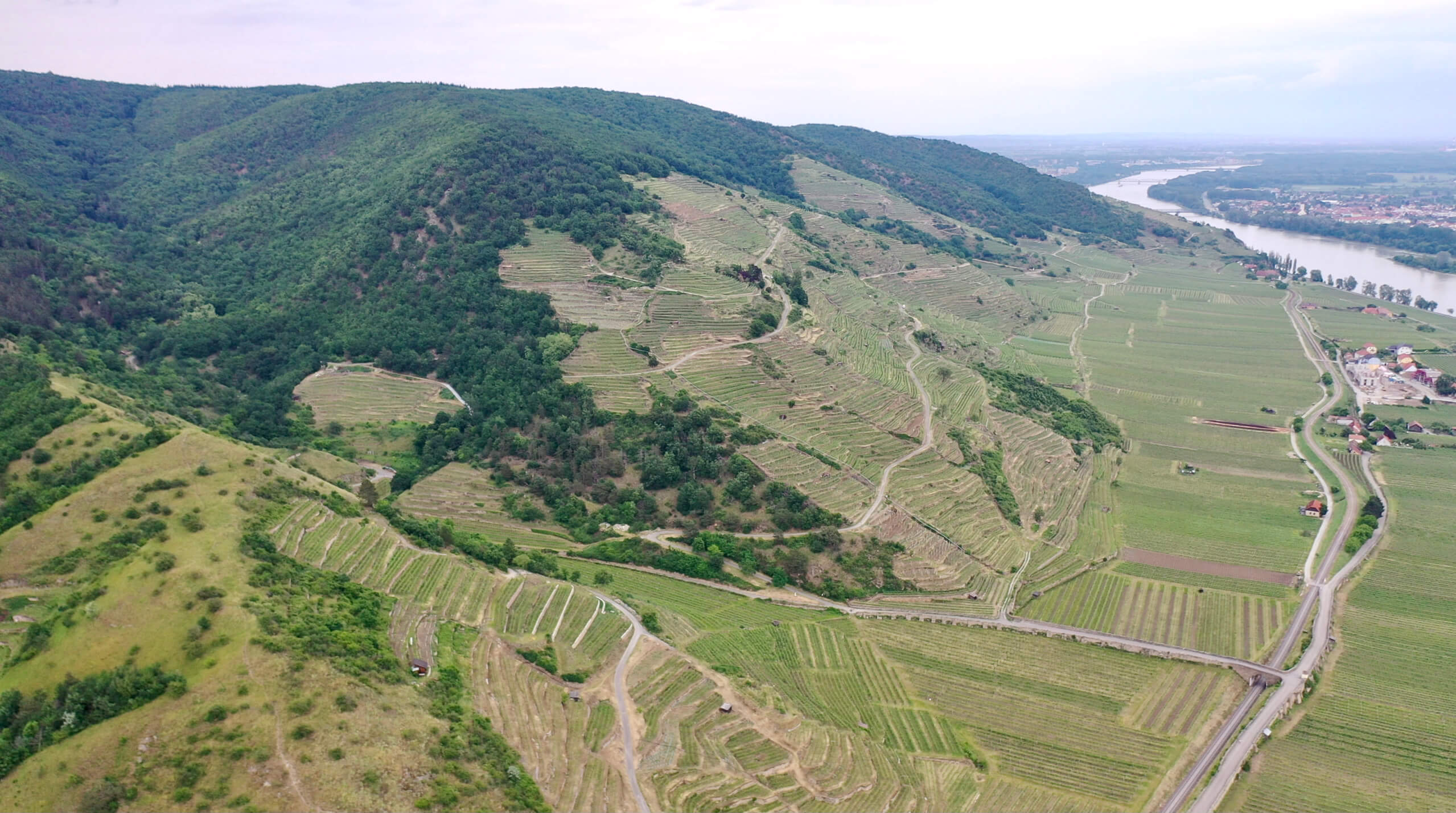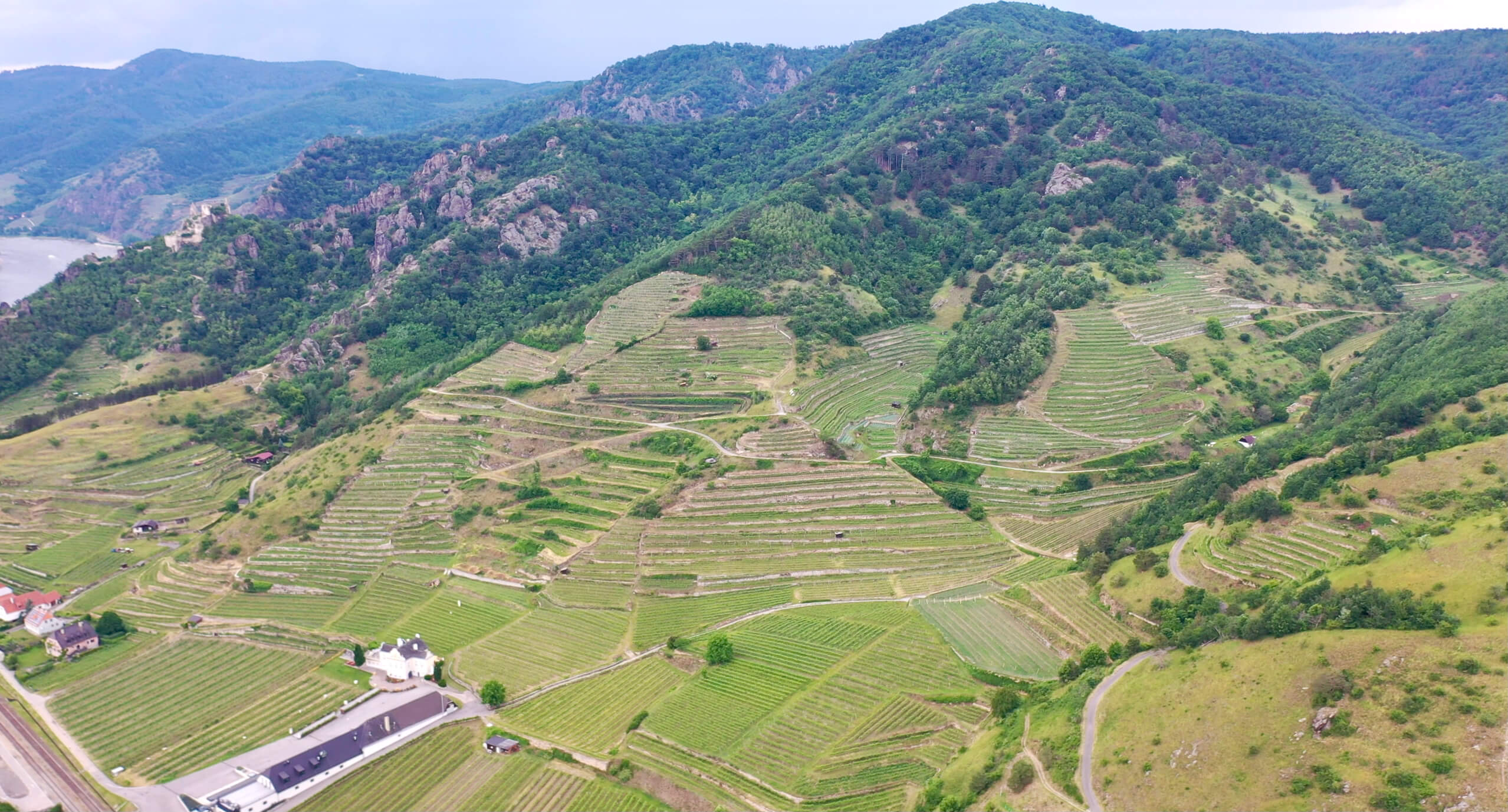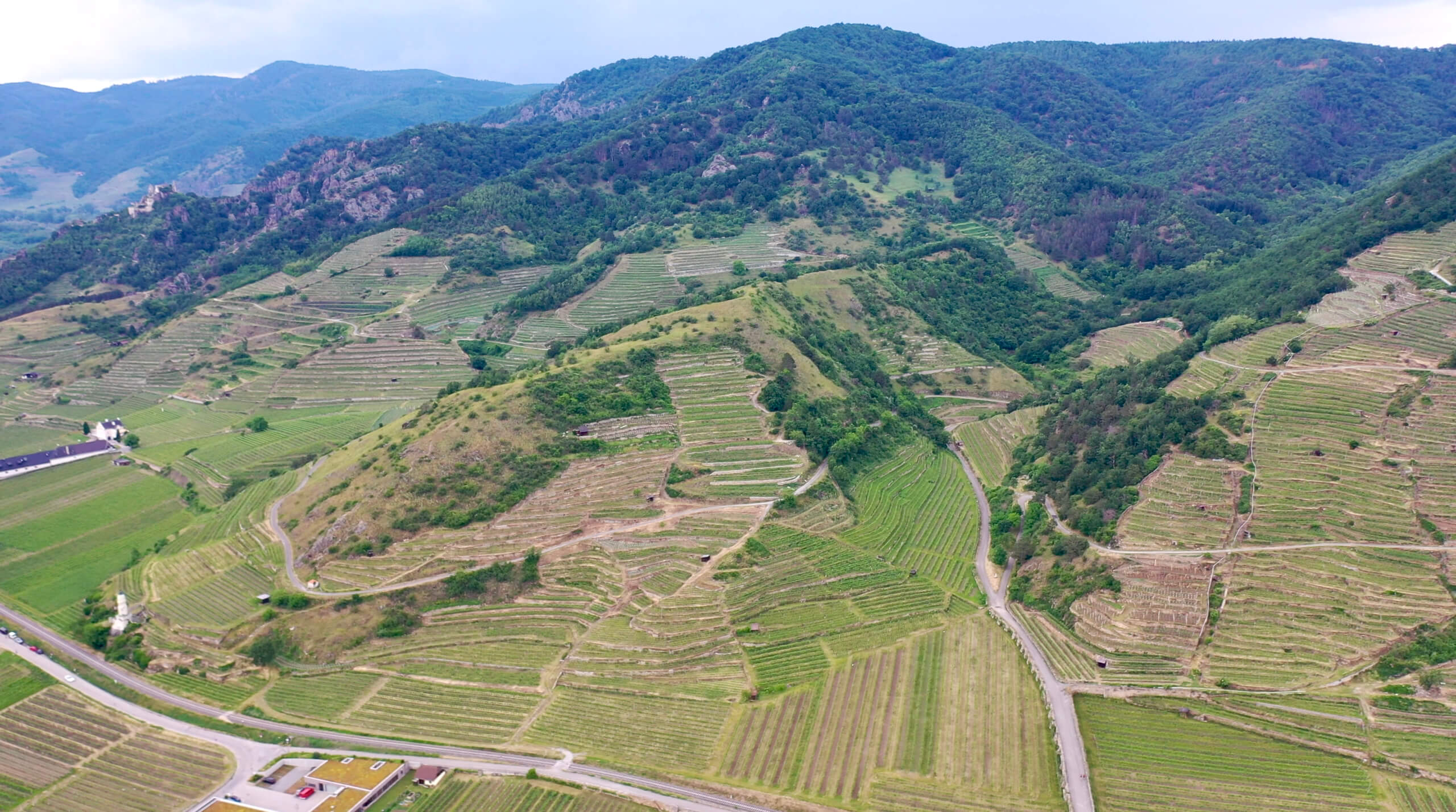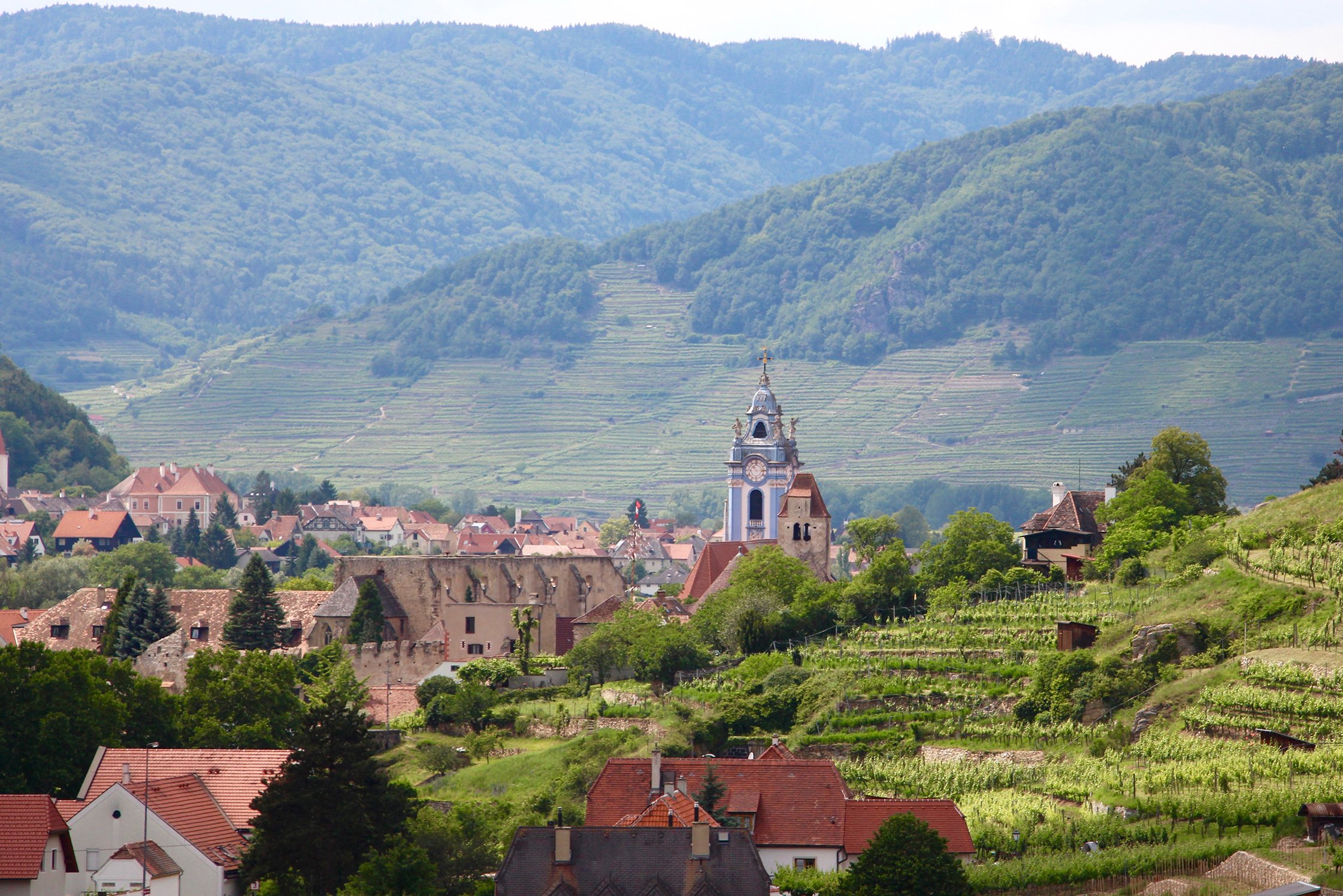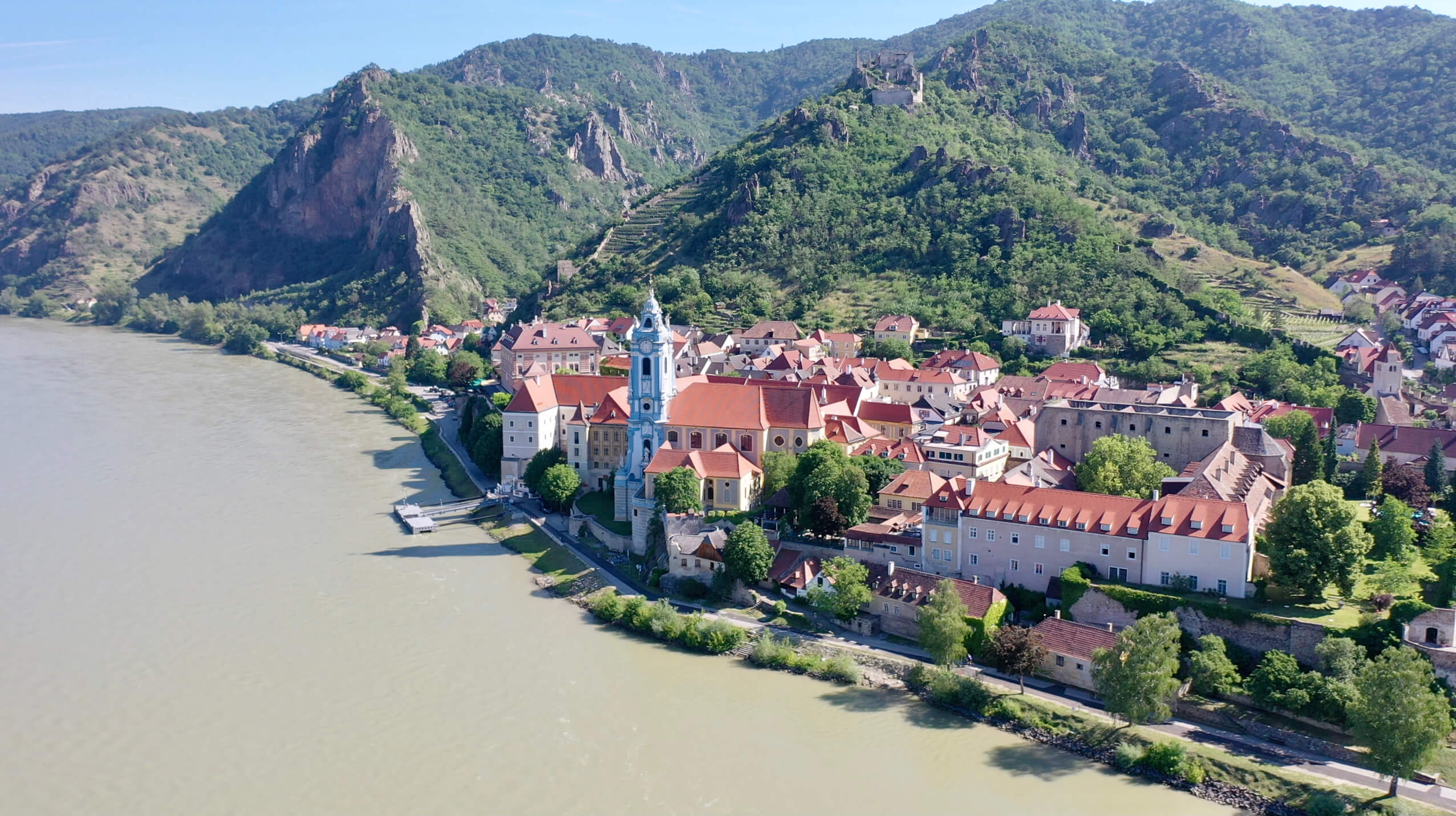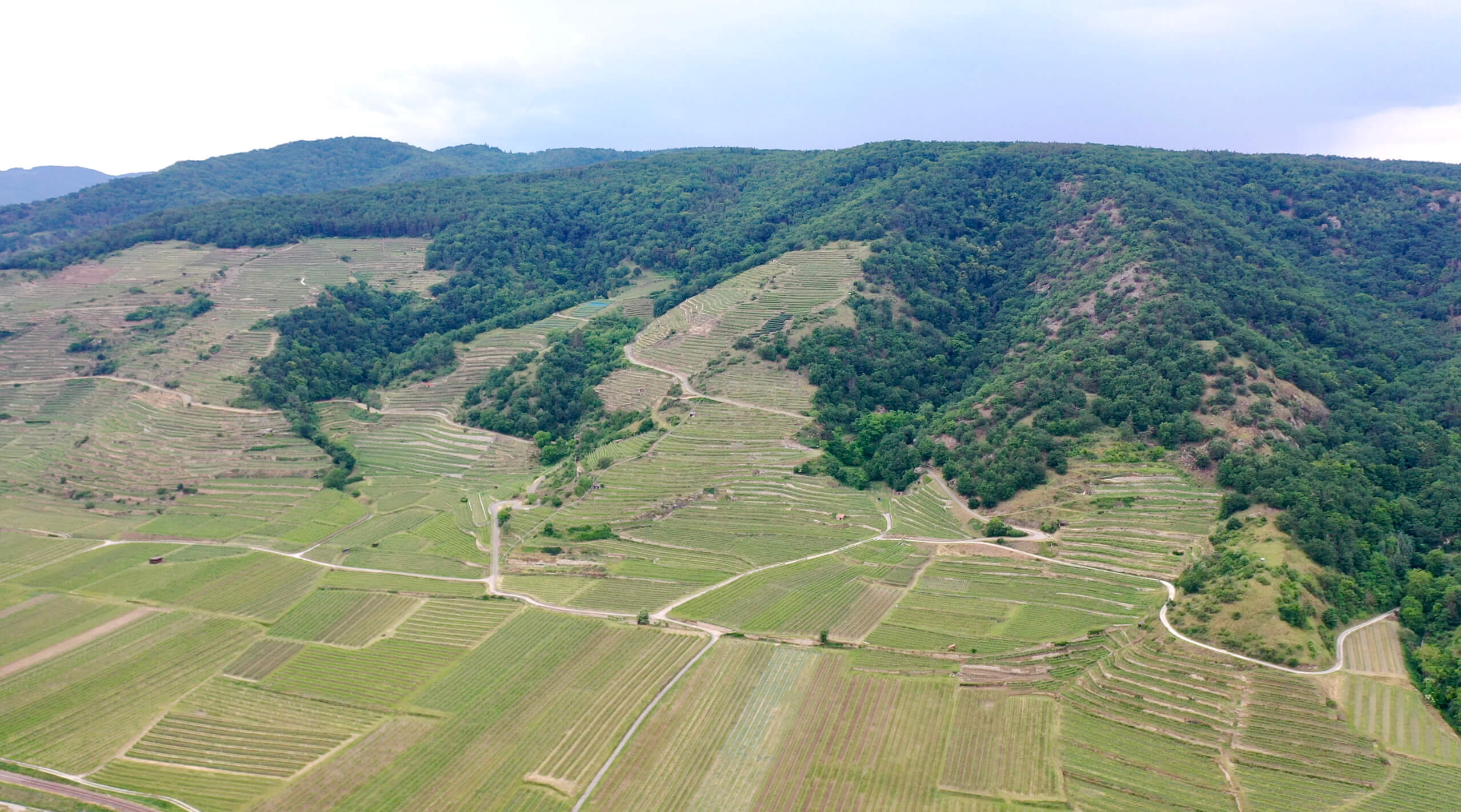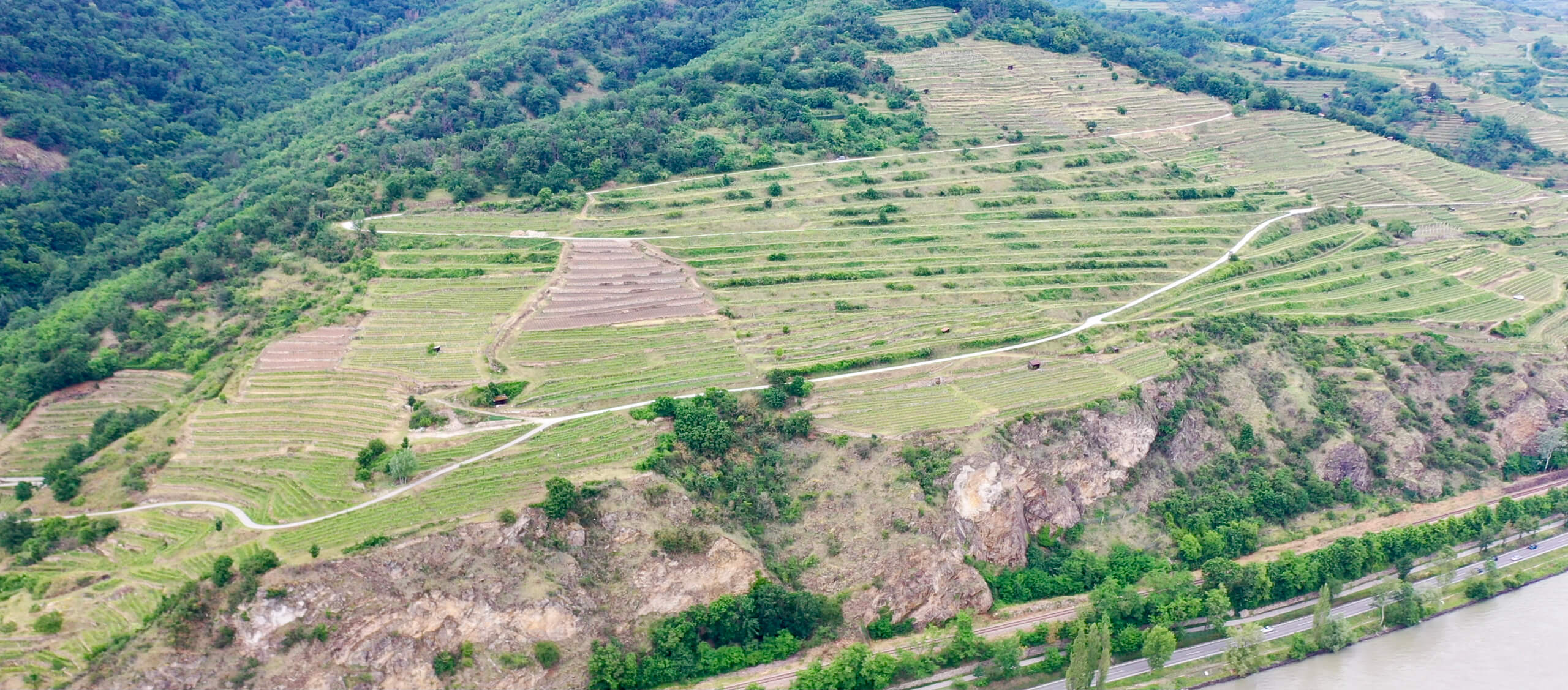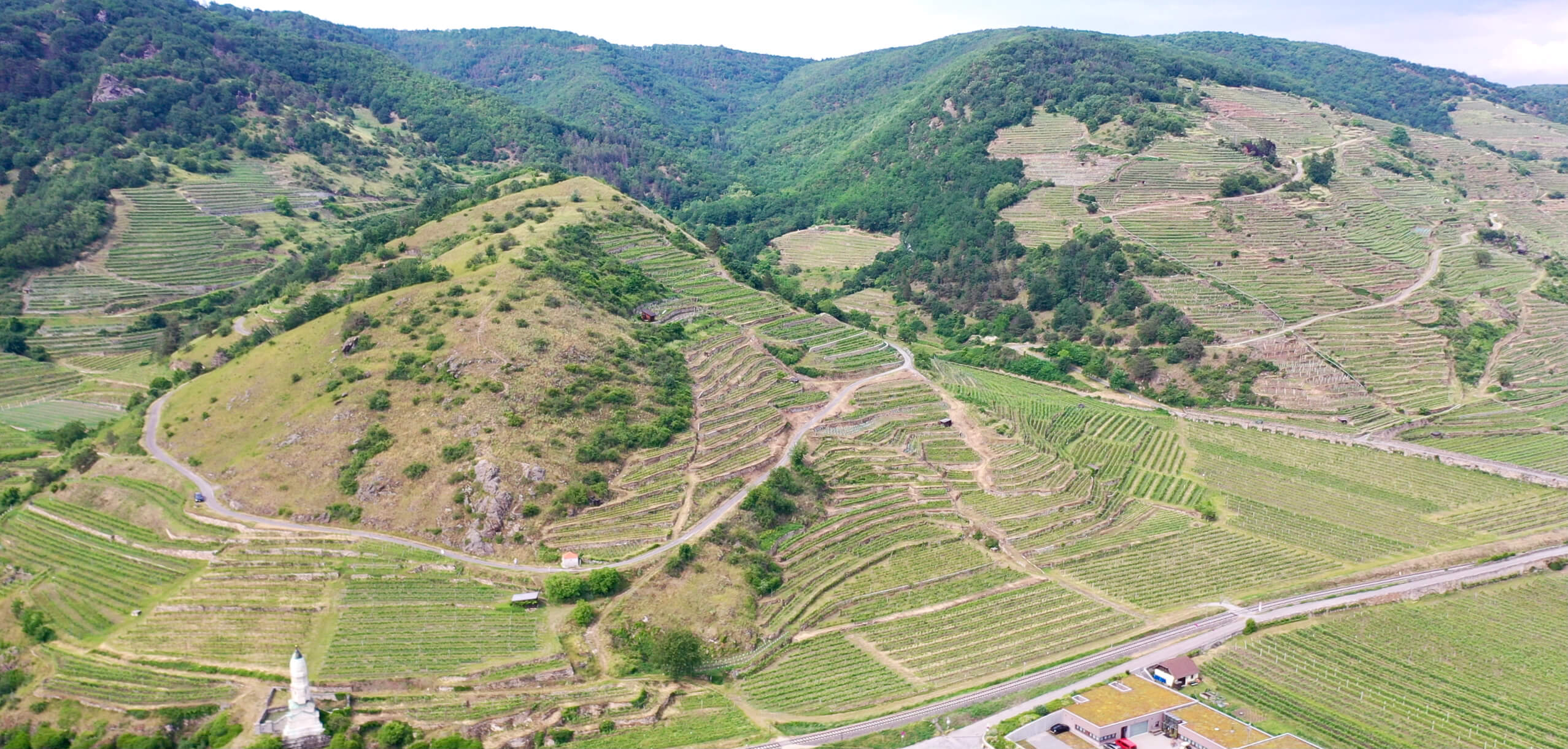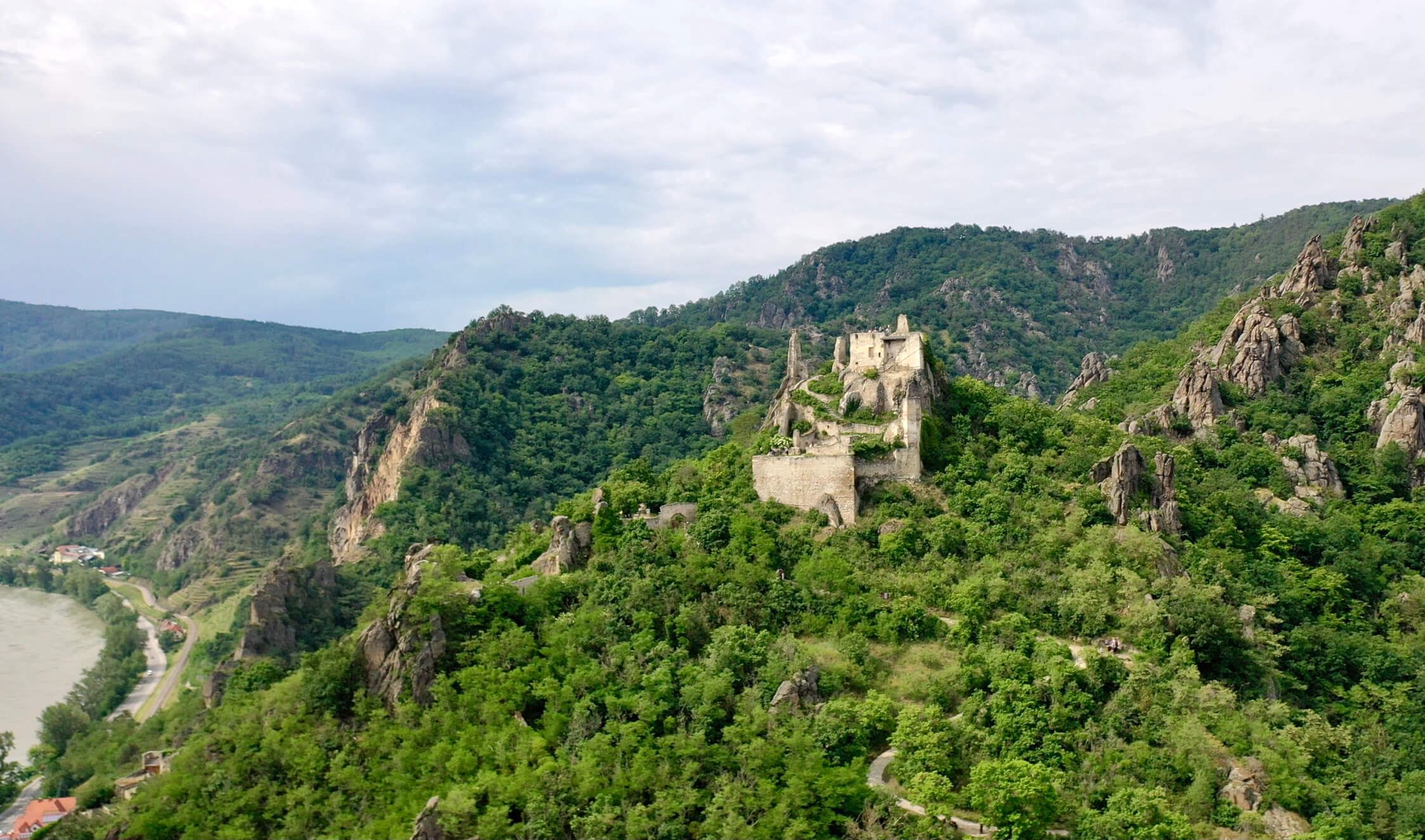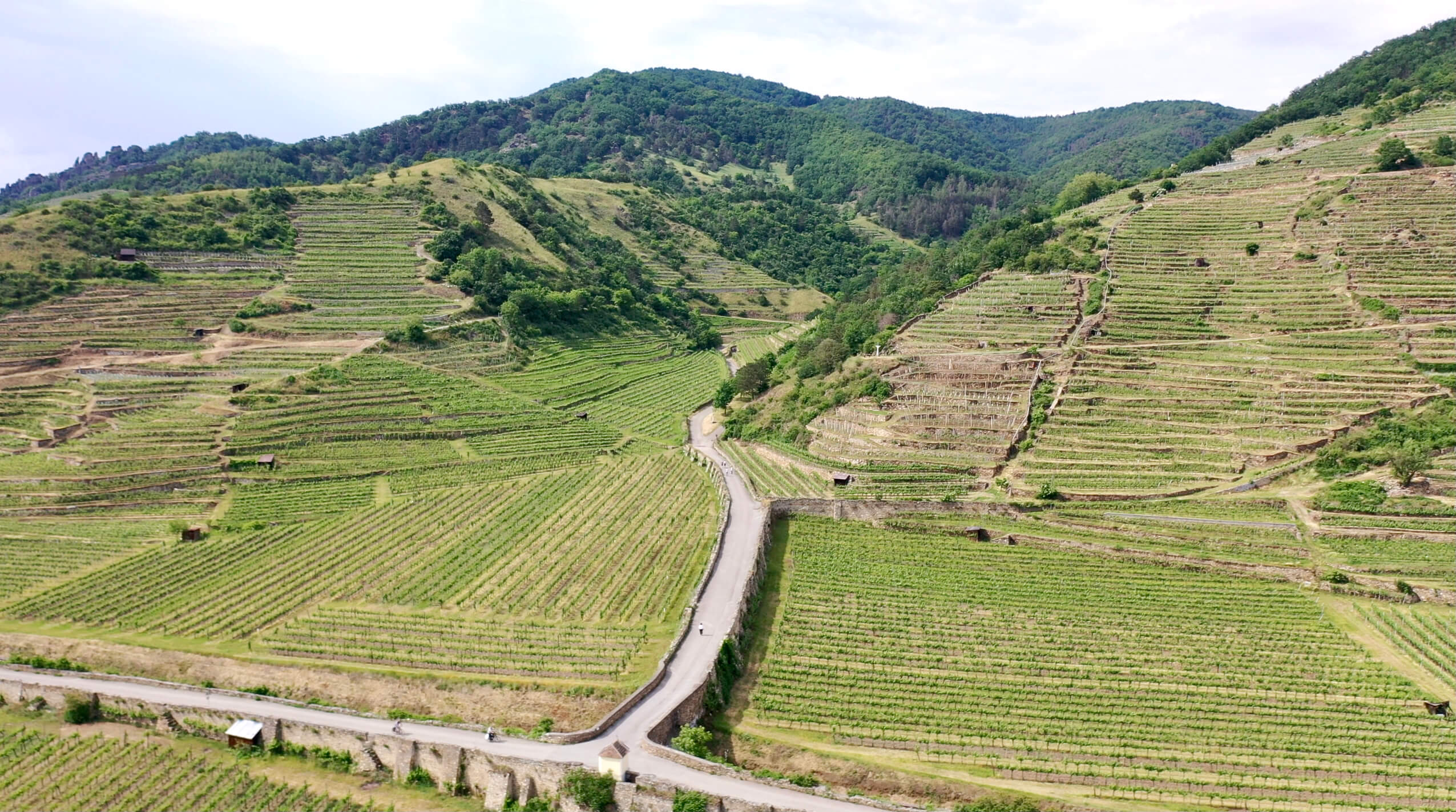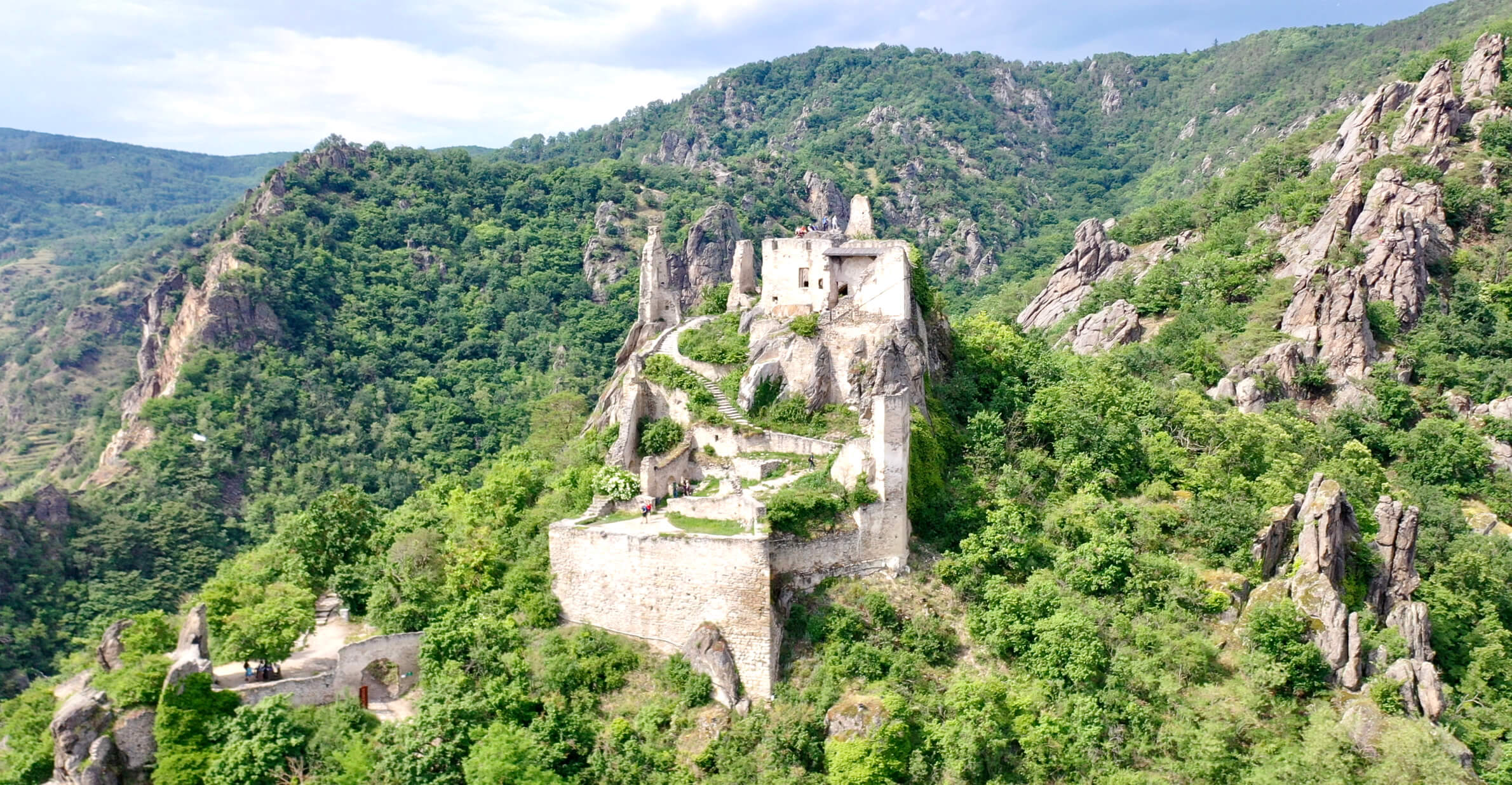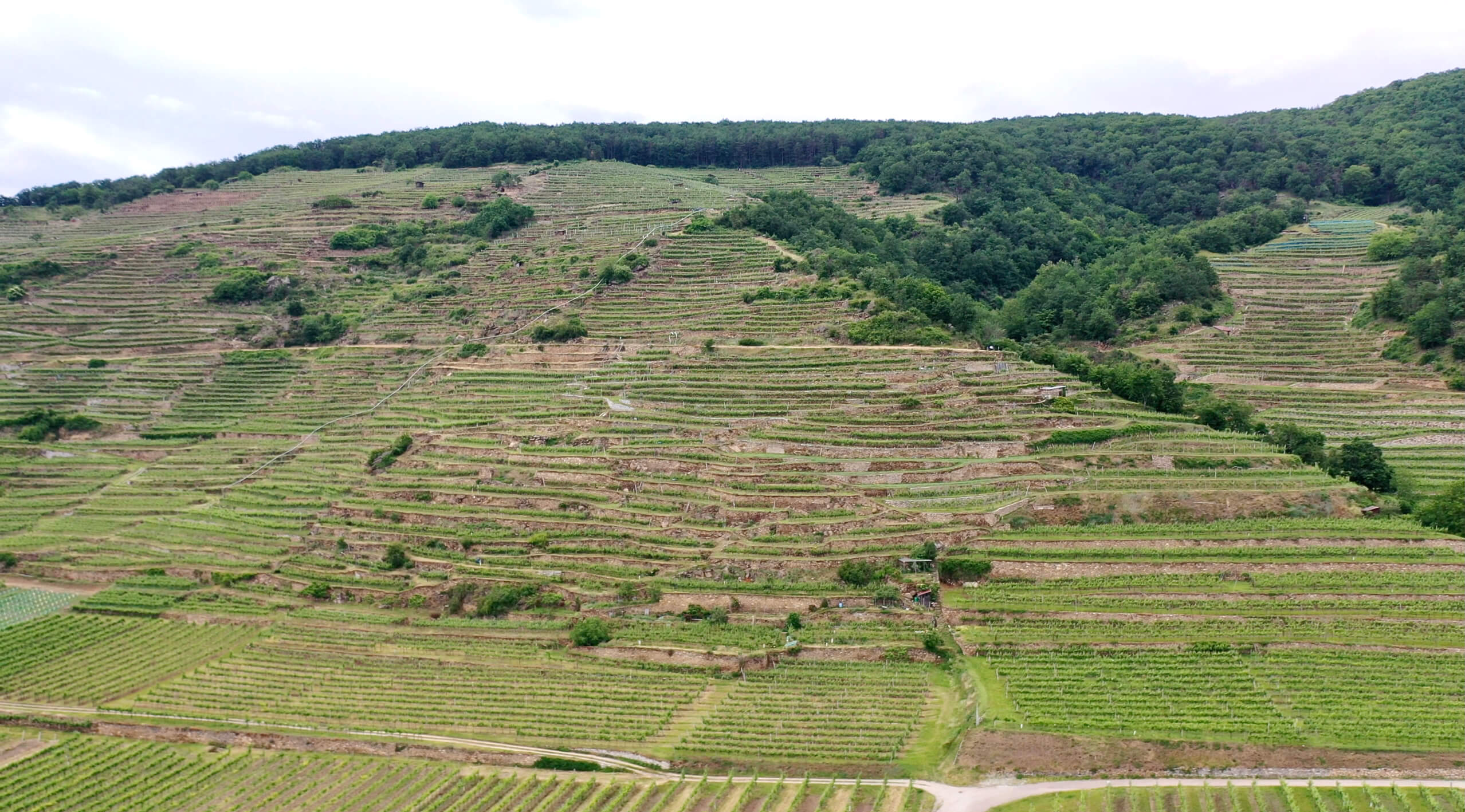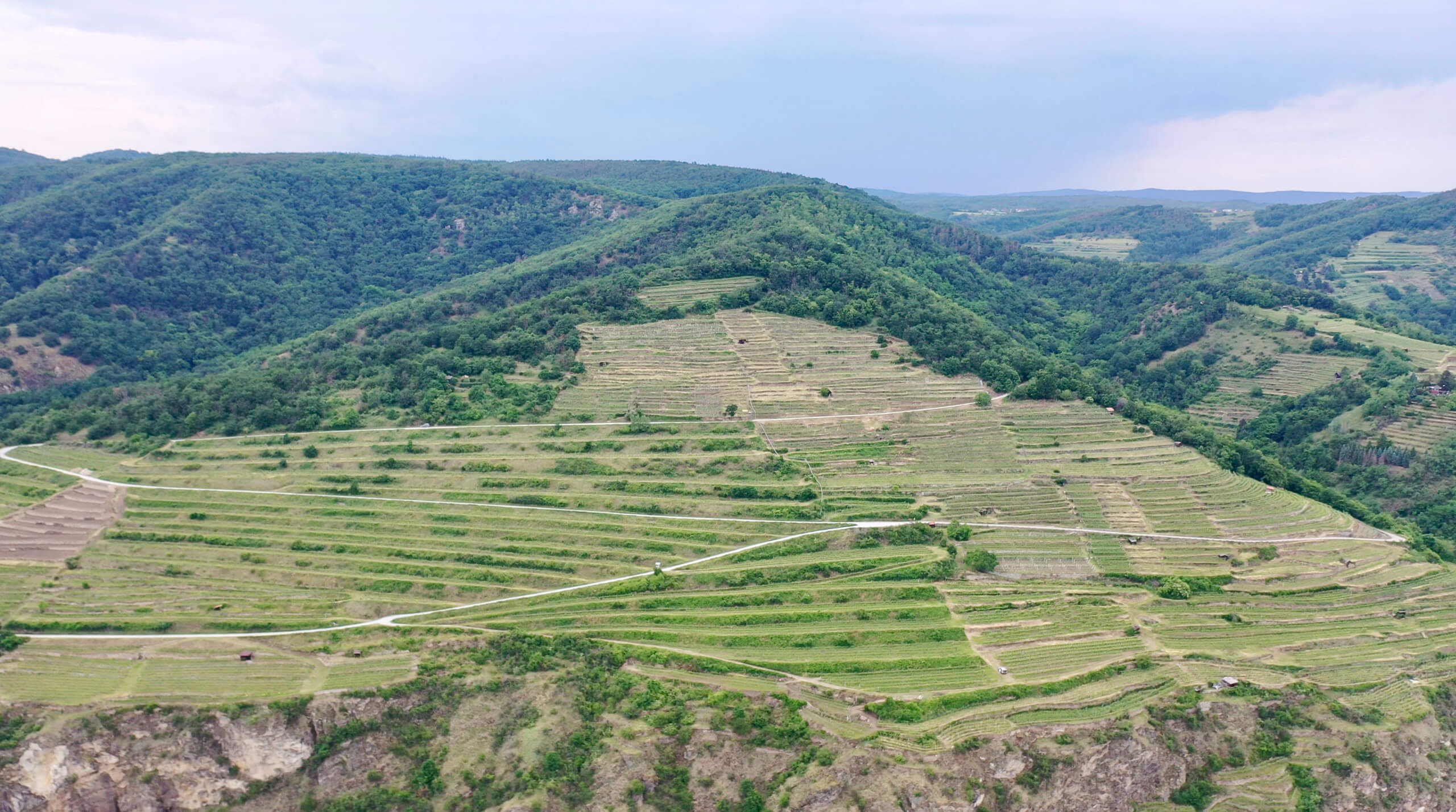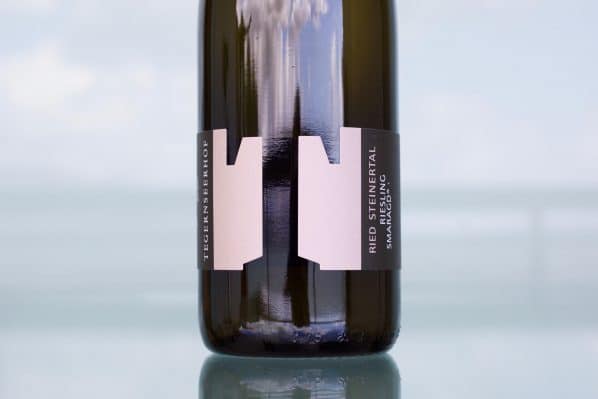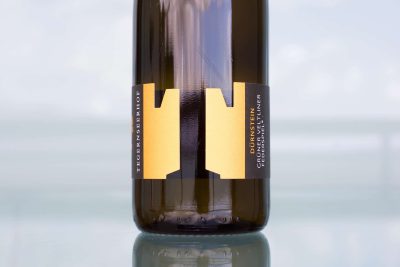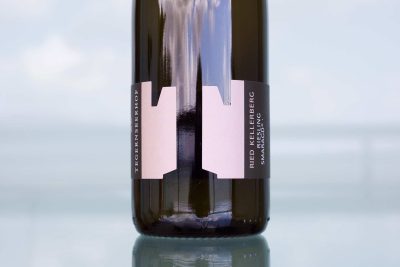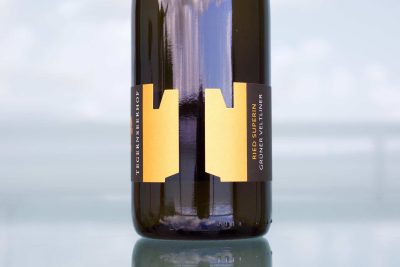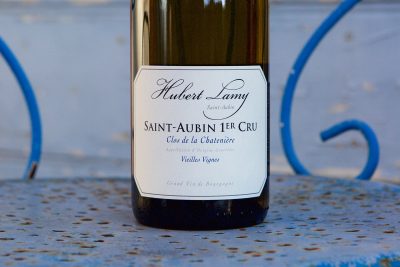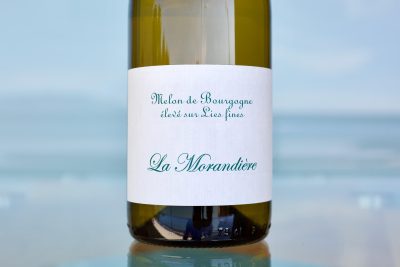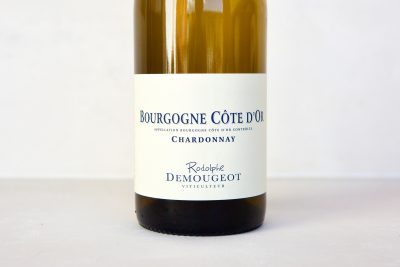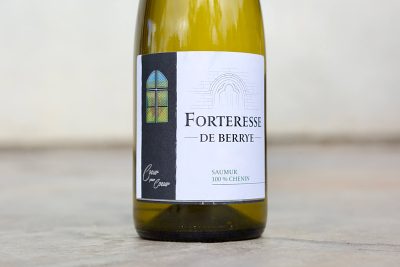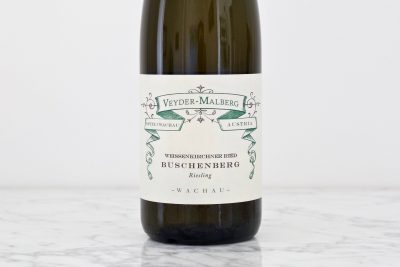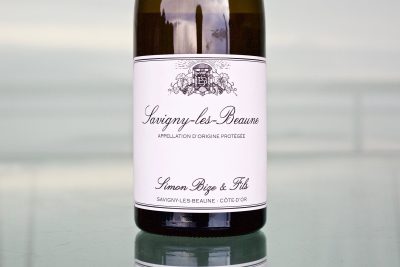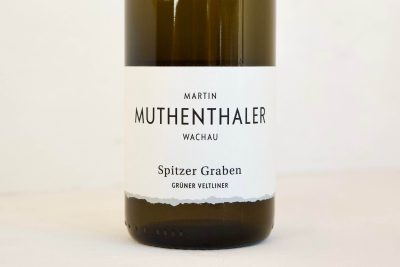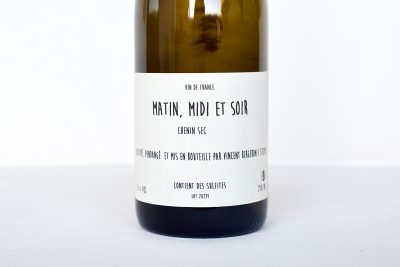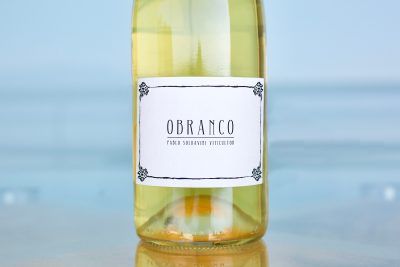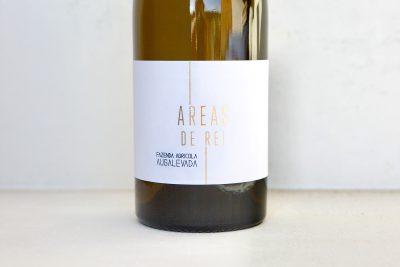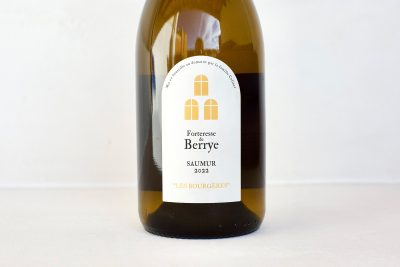About The Wine
Inside the bottle: If there were a wine in Martin’s range that he might favor, Steinertal might be it. The vineyard’s particularities (as explained below in the terroir description) give it tremendous range, making it is a very special wine.
The first aromas beam out of the glass with insanely attractive and high-toned mineral impressions. If it sounds exciting, it is! The second wave comes from the riesling as it unfolds layers of discrete late-summer stone fruits, citrus and flowers, with a touch of french lavender. The exotic and sweet herbal notes follow, displaying fresh thyme, lemongrass and very subtle nuances of wheatgrass and watermelon rind. In the deepest parts of the wine, the acidity is fluid but intensely focussed and is supported by fine and refreshing tannins; yes tannins in a white wine! I love it! This full-size orchestra of profound intellectual and hedonistic pleasure seems to have no end, so prepare yourself. Also, if one were to cut their teeth on a Wachau wine with this wine, this wine may set the bar a little high.
Terroir: Shaped like an amphitheater, the south-facing Steinertal is quietly tucked between two massive wine hills, Loibenberg to west and to the east, the Kremstal’s Pfaffenberg. The soils, while gneiss dominated, have slightly more sand and schist than some of the other great riesling crus in the near vicinity. However, the two most defining elements are its unique amphitheater shape, which captures tremendous daytime heat, and the numerous ravines that cut through the vineyard that bring very cool nighttime air, giving it a large diurnal shift. Once you understand this duality, it is easy to see why Steinertal is so high-toned and at the same time, deeply concentrated.



